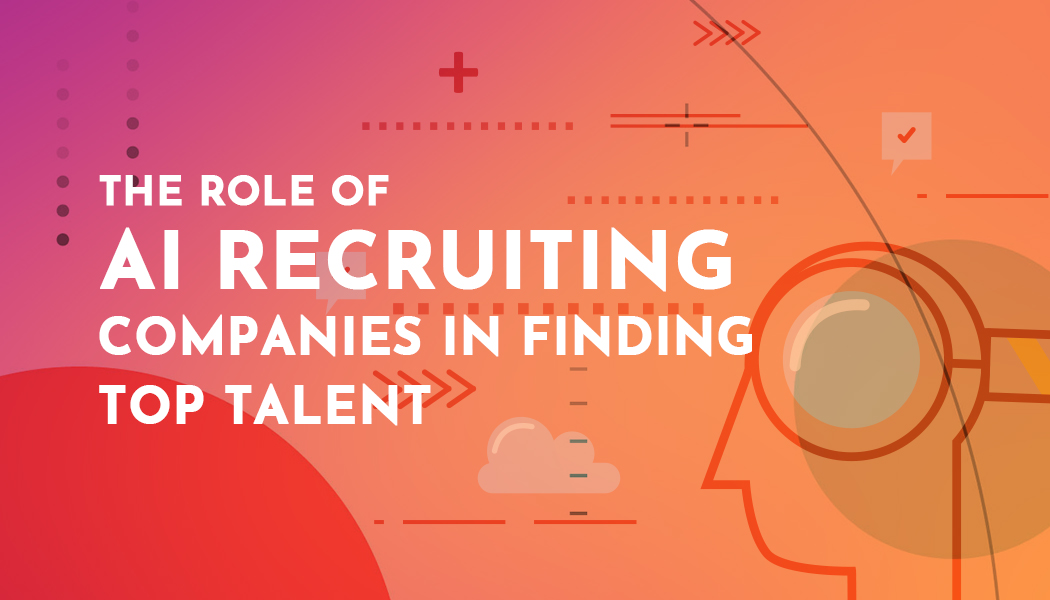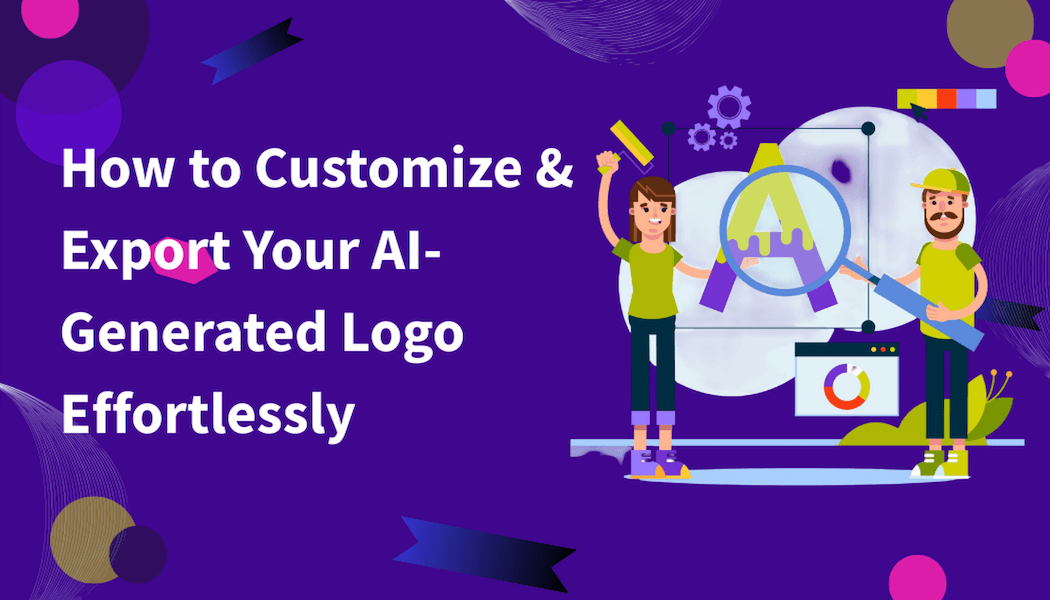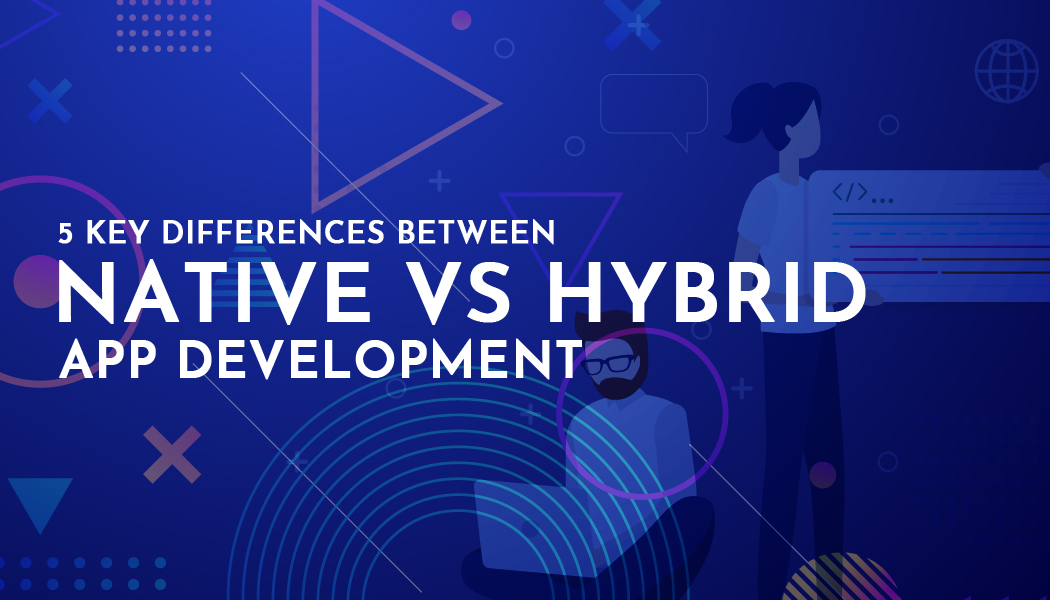The Role of AI Recruiting Companies in Finding Top Talent
Traditional recruitment methods
Traditional recruitment methods have long been the backbone of talent acquisition. These practices involve manual processes, such as job postings, resume screenings, and interviews. Human resources personnel were primarily responsible for identifying and selecting potential candidates. While these methods have been effective to some extent, they are often time-consuming, labor-intensive, and prone to biases.
AI recruiting firms have brought about a significant shift in this landscape. They leverage advanced technologies to streamline and enhance the entire recruitment process. This evolution has been spurred by the recognition that traditional methods alone are insufficient for identifying and attracting the best talent in today's competitive job market.
Emergence of AI in the recruiting process
The emergence of AI in recruitment represents a paradigm shift in how companies source, evaluate, and hire candidates. AI recruiting companies utilize machine learning algorithms to analyze vast datasets of candidate information, job descriptions, and historical hiring data. By doing so, they can identify patterns and trends that human recruiters may miss. This data-driven approach enables them to make more informed decisions regarding candidate suitability and job fit.
AI has also introduced automation to various recruitment tasks, such as resume parsing, initial candidate screenings, and even initial candidate outreach. These advancements have significantly reduced the time and effort required to process applications and identify top talent.
Transition towards AI recruiting companies
As organizations recognize the potential of AI in recruitment, there has been a notable transition towards partnering with AI recruiting solutions. These specialized firms bring expertise, technology, and data-driven insights to the hiring process. They offer tailored solutions that cater to specific industries, roles, and organizational needs, making them valuable partners for companies seeking top talent.
AI professionals leverage their extensive databases, machine learning algorithms, and text annotation capabilities to match candidates with the most suitable job openings. This transition marks a strategic move for many businesses, as it not only accelerates the hiring process but also ensures a higher quality of talent acquisition, which is crucial in a competitive business environment.

How AI Recruiting Companies Operate
Data collection and analysis
Gathering candidate information:
AI recruiting companies excel at collecting and analyzing candidate information, ensuring a comprehensive understanding of potential hires. They source data from various channels, including job boards, social media profiles, and even proprietary databases. This multichannel approach allows them to cast a wider net, identifying both active and passive candidates.
Beyond basic demographic and work history details, these companies delve into deeper insights, such as skills, certifications, and career aspirations. The vast amount of data collected provides a holistic view of each candidate, helping recruiters make more informed decisions during the hiring process.
Resume parsing and data extraction:
Resume parsing and data extraction are essential components of AI recruiting companies' operations. Machine learning algorithms are employed to extract relevant information from resumes and CVs submitted by candidates. This process involves identifying key elements like job titles, education, skills, and work experience.
By automating resume parsing, AI recruiting companies save valuable time that would otherwise be spent on manual data entry. This ensures a quicker initial screening process and allows recruiters to focus on evaluating candidates' qualifications and fit for the specific job.
Text annotation in machine learning
Definition and importance:
Text annotation in machine learning refers to the process of adding metadata or labels to textual data to make it more understandable and usable for AI algorithms. In the context of AI recruiting companies, text annotation is vital for enriching candidate profiles and job descriptions with structured information. This structured data enables AI systems to identify patterns, extract relevant information, and make accurate recommendations.
Text annotation is crucial for handling unstructured data, such as candidate resumes or job postings. Without annotation, AI systems might struggle to understand the context and relevance of the information they process. This can lead to inaccurate candidate matching and a less effective recruitment process.
Role in candidate profile analysis:
Text annotation plays a pivotal role in candidate profile analysis. It allows AI systems to break down candidate profiles into meaningful components, such as skills, experience, and qualifications. For example, an AI system can annotate a candidate's resume to identify specific programming languages or certifications mentioned.
With annotated data, AI recruiting companies can match candidates to job openings more accurately. If a job posting requires specific skills or qualifications, the AI system can quickly identify candidates whose profiles contain the necessary annotations. This ensures that only the most suitable candidates are presented to recruiters or hiring managers, saving time and improving the overall quality of hires.
Algorithm-based matching
Skillset and job requirements alignment:
Algorithm-based matching is a core function of AI recruiting companies. These firms employ sophisticated algorithms that compare the skills, qualifications, and experience of candidates with the specific requirements of job openings. This alignment ensures that candidates presented to employers are well-matched to the position, increasing the chances of a successful hire.
AI systems can perform this matching process at scale, analyzing numerous candidate profiles and job descriptions simultaneously. This scalability is a significant advantage, especially in high-demand industries where talent acquisition is competitive.
Predictive analytics for candidate suitability:
AI recruiting companies also leverage predictive analytics to assess candidate suitability. By analyzing historical hiring data and the performance of past hires, these systems can make predictions about a candidate's potential success in a given role.
Predictive analytics can consider various factors, such as cultural fit, team dynamics, and long-term career growth potential. This holistic approach goes beyond just matching skills and qualifications, allowing employers to make more strategic hiring decisions that align with their long-term organizational goals.
In conclusion, AI recruiting companies operate by collecting and analyzing candidate data, using text annotation machine learning to enrich profiles, and employing algorithm-based matching with predictive analytics to streamline the hiring process. These technologies enhance efficiency, accuracy, and the overall quality of talent acquisition, making them indispensable tools in today's competitive job market.
Benefits of AI Recruiting Companies
Improved efficiency and speed
AI recruiting companies significantly enhance the efficiency and speed of the recruitment process. Traditional hiring methods involve manual review of resumes, time-consuming interviews, and coordination among various stakeholders. AI automation streamlines these tasks, allowing recruiters to focus on high-value activities.
The use of AI algorithms for resume parsing and data extraction reduces the time spent on initial candidate screening. This means that HR teams can quickly identify qualified candidates from a large applicant pool, accelerating the overall recruitment timeline. Additionally, AI systems can automate routine administrative tasks like interview scheduling and follow-ups, further expediting the process.
Enhanced candidate matching
AI recruiting companies excel in candidate matching, ensuring that job seekers are aligned with the most suitable opportunities. Machine learning algorithms analyze vast datasets to compare candidates' skills, qualifications, and preferences with job requirements. This results in more accurate and relevant matches, reducing the risk of mismatches that can lead to high turnover.
Moreover, AI-driven matching takes into account not only hard skills but also soft skills, cultural fit, and other intangible factors. This holistic approach enhances the likelihood of a successful hire who not only meets the job's technical requirements but also integrates well into the company culture and team dynamics.
Cost-effectiveness
AI recruiting companies offer cost-effective solutions for talent acquisition. While there is an initial investment in implementing AI systems, the long-term benefits far outweigh the costs. These include reduced recruitment staff overhead, faster time-to-fill job openings, and lower turnover rates due to better candidate matching.
Moreover, AI-driven processes minimize the risk of biased hiring decisions, which can lead to costly legal repercussions and damage to a company's reputation. By prioritizing diversity and inclusion in candidate selection, AI recruiting companies contribute to a more equitable workplace, reducing potential liabilities.




